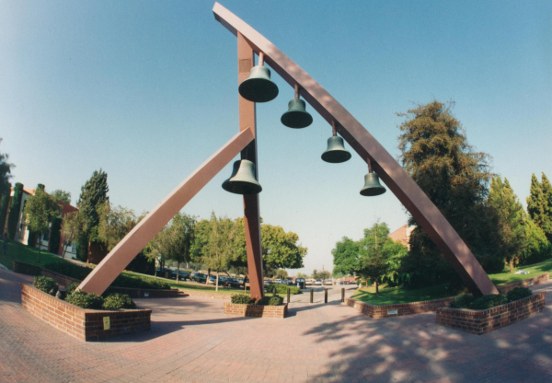Theophilus Lindsey on human stubbornness

…very rarely is there found candour enough in the human breast, for a man to recede from opinions, for the defence of which he has drawn his pen, and been highly applauded, however strong and demonstrative be the evidence to the contrary that is presented to him. (Theophilus Lindsey, An Historical View of the State of the Unitarian Doctrine and Worship, From the Reformation to Our Own Times, p. 175)
Sad but true.
I must add, though, that one should be very careful in wielding this charge. In the context Lindsey is unfair; he makes this remark about a person in a dispute who in my judgment was not simply being stubborn, not ignoring a mass of evidence to the contrary.
We can be too quick to mock politicians (“Flip-flopper!”) who’ve changed their minds about substantial issues. We assume, cynically, that they must be merely saying they’ve changed beliefs to gain political advantage. But how do we know they haven’t really changed their mind, after revisiting the evidence? Case in point: Romney on abortion.
Given how finite and fallible we are, if someone never changes his mind, you can be sure that he just doesn’t think much.
True story: On the day I successfully defended my PhD dissertationRead More »Theophilus Lindsey on human stubbornness









 Over at
Over at 






 Three World Vision employees
Three World Vision employees 


